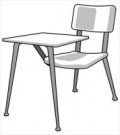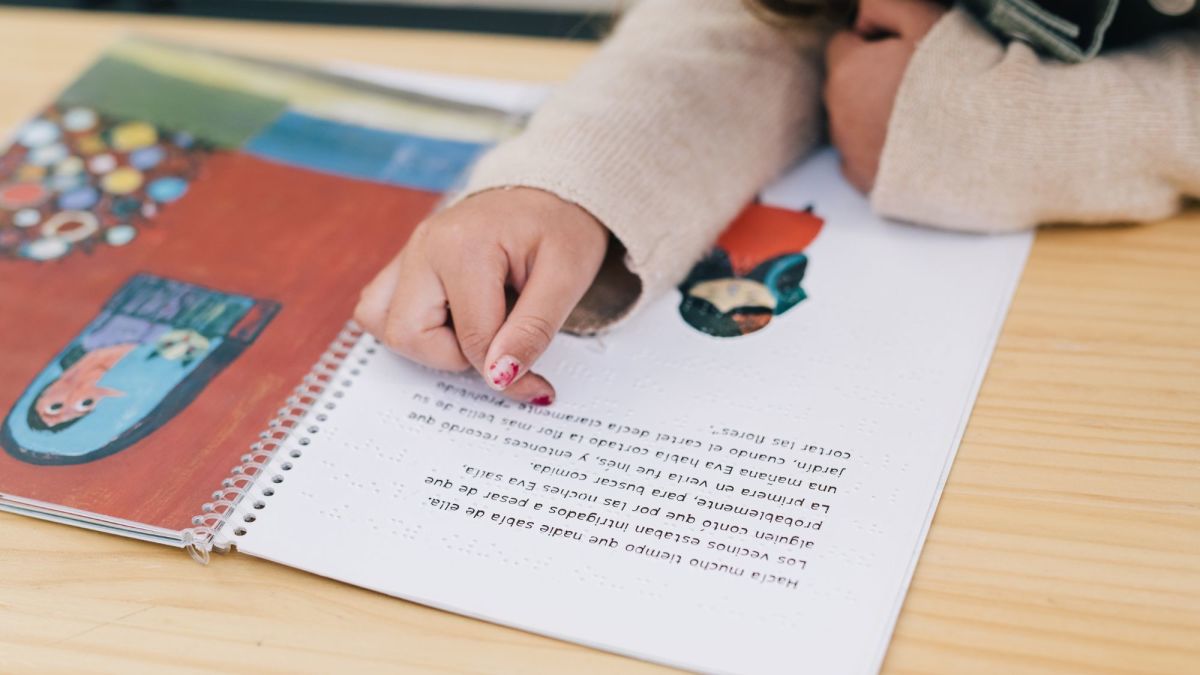Authority in the Classroom: A Tale of Two Teachers
How Do You Measure Classroom Control?

Size is Not Everything
Miss Peterson, my tenth grade English teacher was almost five feet tall and probably weighed about 96 pounds.
She could have been easily pawed to shreds by an underweight Chihuahua, yet she could look any of us in the eye and make us believe that the school would fall directly on our heads if we even thought of displeasing her.
We also knew that God would approve of the school falling on us, if Miss Peterson wanted it to.
Even though almost every student in the high school was taller than her, she was a teacher we all looked up to. She was tough, consistent, persistent, demanding, witty, compassionate, exacting, and fair.
Her classes were fast-paced and were conducted with the serene confidence of someone who knows she is totally correct in her assessments and expectations. She seemed stern, but there was an underlying, subtle sense of humor that we barely recognized in our sophomoric lack of sophistication and experience.
Her wit was sharp, but not hurtful and her classes were interesting.
The Coach
At the same school Mr. Cragston the powerfully-built wrestling coach/geometry teacher with a size 52 neck, ranted, roared, threatened, and steamed regularly in front of some of the worst behaved classes I have ever seen. We all knew that God didn't care.
It was a little scary when he began to bellow and pound a fist into his open hand and stomp his foot. The walls shook slightly and we were all transfixed when his face mutated into that amazing shade of red, but out of earshot, everyone mocked and imitated him.
It was obvious that someone with very little control of himself, and someone who could regularly be persuaded to relinquish even that little, did not earn. the undying respect of students.
I am sure he had no idea of how foolish he appeared. The game in his classroom was to see how much one student could get away with before the next impertinent student provided the camel's-back-breaking straw, and he blew up.
It was like playing Jenga or pick-up sticks.... where the winner is one who avoids setting off the ultimate predictable disaster.
For most students, the game was more interesting than the geometry lesson. Calculating the area of isosceles triangles was measurably less stimulating than inciting a full-blown demonstration of his prodigious, yet ineffective wrath.
No one would dare play such a game with Miss Peterson. We weren't prepared to deal with righteous wrath. School walls were very substantial, and none of us wished to be supernaturally squished . . . even in the figurative sense.
Though we sometimes think that our "authority" comes from having a commanding physical presence, punitive power, or the bare-handed black belt skills required to fracture cinder blocks, it really proceeds from a less "concrete "source.
Miss Peterson was obviously less powerful than Mr.Carrington in the corporeal sense, yet in a face-to-face match most of us would have bet on her because we believed that even he would feel the apprehension of impending holy wall-falling once he looked her in the eye.
It's Not What We Teach
Which one had moral influence?
Which one loved teaching?
Who had more successful students?
Who had a less stressful class environment?
Who had more personal satisfaction?
It's obvious that our underlying attitudes and convictions, and the actions which proceed from them, affect others on many levels from the most philosophic to the most practical. Gaining respect requires giving respect.
We learned some subject matter in each class, but there were more important lessons never penciled in a plan book. Respect is not secured by bully tactics.
An anonymous quote by a wise teacher summed up the effect of our personal influence: "It is what we ARE that gets across, not what we try to teach."








